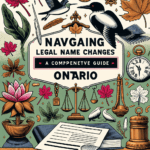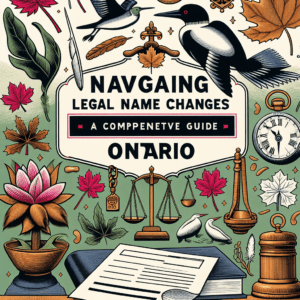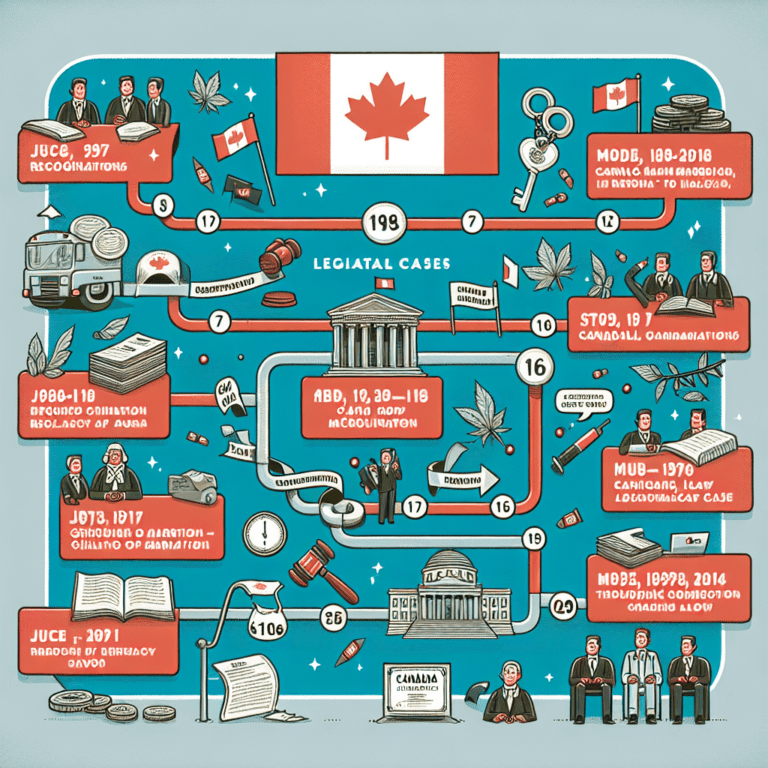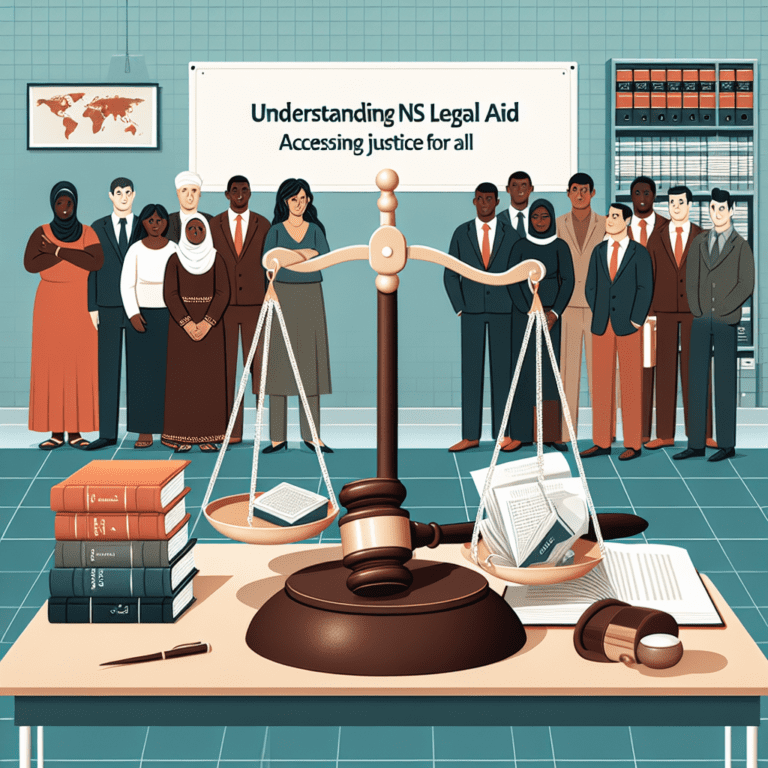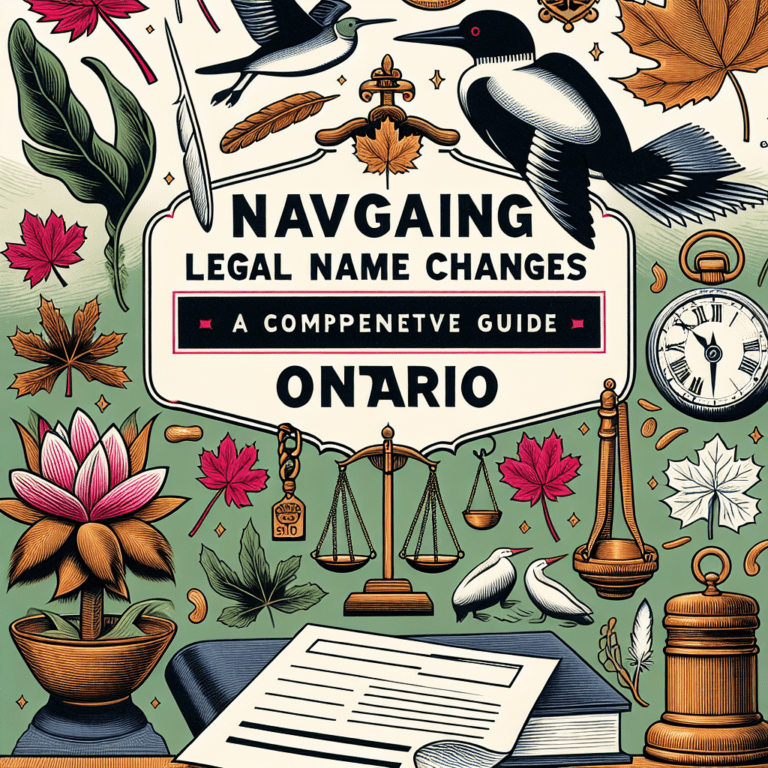===INTRO:===
Navigating legal help for mental health issues in Canada 2024 can feel like traversing a complex maze fraught with challenges and uncertainties. Many individuals struggling with mental health conditions find themselves overwhelmed by the stigma surrounding their situation, compounded by a lack of understanding of their legal rights and available support systems. The fear of discrimination or misunderstanding can often deter those in need from seeking essential legal assistance. However, understanding the legal frameworks and accessing the right resources can not only empower individuals but also pave the way for enhanced mental health support and advocacy. This article delves into the intricate landscape of legal support for mental health, guiding you through essential insights, resources, and strategies to ensure you receive the help you deserve.
Understanding Legal Frameworks for Mental Health Support in Canada
The legal landscape for mental health support in Canada is governed by a combination of federal and provincial laws designed to protect the rights of individuals with mental health conditions. At the federal level, the Canadian Charter of Rights and Freedoms safeguards against discrimination based on mental health status. Additionally, the Mental Health Act in each province establishes guidelines for the treatment and involuntary hospitalization of individuals with mental illnesses, ensuring they receive care while balancing their rights. Understanding these frameworks is crucial for those seeking legal help for mental health issues in Canada 2024, as they delineate the parameters of support and protection available.
Delving deeper, one must consider the implications of human rights legislation, such as the Canadian Human Rights Act and provincial human rights codes. These laws serve to prevent discrimination in employment, housing, and public services, explicitly including mental health as a protected ground. This offers a powerful legal recourse for individuals who face discrimination due to their mental health challenges. Moreover, advocacy organizations across Canada actively work to inform individuals about their rights, providing educational resources and support that empower them to navigate legal systems effectively.
Grasping the legal frameworks governing mental health support also involves understanding the role of the judiciary in shaping policies and practices. Courts have increasingly recognized the need for accommodations and supports for individuals with mental illnesses, enhancing legal precedents that influence public policy. Staying abreast of landmark rulings and emerging case law can provide valuable insights into the evolving landscape of mental health rights, ensuring individuals are informed and equipped to advocate for themselves and others.
Accessing Resources and Services for Mental Health Advocacy
Accessing resources and services for mental health advocacy can significantly impact an individual’s journey, providing critical support and guidance. Legal clinics and non-profit organizations specializing in mental health law often offer free or low-cost consultations, helping navigate the complexities of mental health legislation. These organizations can assist clients in understanding their rights, processing applications for benefits, and addressing issues related to discrimination or wrongful treatment. Knowing where to find these resources is paramount, as many individuals remain unaware of the support available to them.
In addition to legal clinics, various support networks exist that focus on mental health advocacy. National organizations, such as the Canadian Mental Health Association (CMHA) and Mental Health Commission of Canada, provide comprehensive resources, including information on navigating the legal system, accessing benefits, and understanding one’s rights under the law. These organizations often host workshops, webinars, and information sessions, fostering community engagement and education that can empower individuals to seek the help they need. Additionally, local mental health service providers may have partnerships with legal advisors, enabling them to refer clients to appropriate legal resources.
Consideration must also be given to online platforms that have emerged, connecting individuals with legal professionals experienced in mental health issues. These platforms often use innovative approaches to link clients with the right legal help, offering virtual consultations and guidance tailored to individual circumstances. As technology continues to evolve, individuals have unprecedented access to legal expertise, making it easier to secure the support necessary to address their mental health challenges effectively.
===OUTRO:===
In conclusion, navigating legal help for mental health issues in Canada 2024 requires a proactive and informed approach. Understanding the legal frameworks that protect mental health rights, combined with access to appropriate resources and advocacy services, empowers individuals to advocate for themselves and others. As the landscape continues to evolve, it is crucial to remain educated and engaged, ensuring that mental health is not only a recognized health issue but also a legally safeguarded right. By leveraging available resources, individuals can take crucial steps toward securing the support they need, paving the way for a more inclusive and understanding society. Join the conversation, seek out the resources mentioned, and empower yourself or a loved one to navigate this vital aspect of mental health advocacy in Canada.
Navigating Legal Aid Options for Refugees in Canada 2024Exploring Human Rights Legal Support in Canada: 2024 InsightsNavigating Legal Support for Wrongful Termination in Canada 2024Relevant LinkRelevant LinkRelevant LinkUnderstanding LegalZoom Billing: Fees, Structure, and InsightsUnderstanding LegalZoom’s Basic Will: Key Features ExplainedUnderstanding LegalZoom’s Business Address Services ExplainedRelevant LinkRelevant LinkRelevant LinkUnderstanding Legal Self-Defense Weapons in CanadaUnderstanding Legal Paper Size: Dimensions and Uses ExplainedNavigating Legal Name Changes in Ontario: A Comprehensive GuideRelevant LinkRelevant LinkRelevant Link


